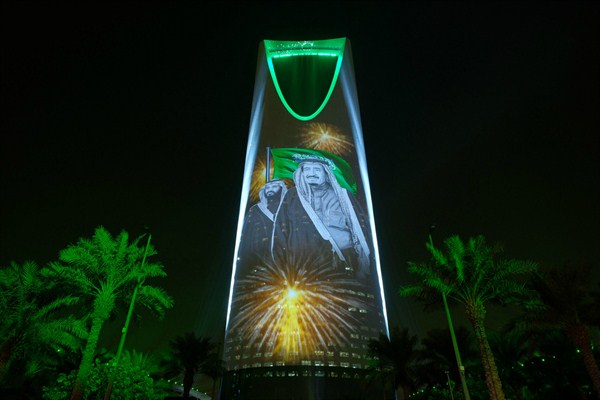The dust is beginning to settle after Crown Prince Mohammed bin Salman surprised observers with a purge of prominent members of the Saudi royal family and business community nearly two months ago. Debate continues over how much the detention of 320 key figures in Riyadh was a decisive move to stamp out corruption in Saudi society, or the culmination of a power grab that has unfolded since Mohammed bin Salman burst onto the scene when his father became king in January 2015. Either way, it is clear that policymaking authority is concentrated in one individual to a degree unprecedented in modern Saudi history—and he isn’t even the king yet. With Mohammed bin Salman now the indisputable powerbroker in Riyadh, what he does with his power will determine whether he succeeds or fails in refashioning the kingdom he aims to lead for decades.
Saudi Arabia’s attorney general, Sheikh Saud al-Mujib, stated on Dec. 5 that 159 of the 320 individuals swept up in the anti-corruption crackdown remained in detention in the Ritz-Carlton in Riyadh and that settlements had been reached with most of the others. He added that arrangements were being made to move assets seized from the settlements to state coffers and transfer an undisclosed number of remaining cases to the public prosecutor’s office. Prince Miteb bin Abdullah, the son of the late King Abdullah who was ousted as commander of the National Guard on Nov. 4, reportedly secured his release with a payment of $1 billion. Prince al-Waleed bin Talal, the flamboyant businessman and the wealthiest person in Saudi Arabia, was said to have hired lawyers to fight the charges. Saudi authorities have since reportedly set his release at a stunning $6 billion.
Taking on corruption is a double-edged sword for Mohammed bin Salman, whose own spending habits have come in for widespread media scrutiny and speculation in recent weeks and months, from a $500 million yacht and a $300 million French chateau to the most expensive painting ever bought at auction. There is little doubt that the crackdown on corruption, undertaken through the Supreme Anti-Corruption Committee that was launched on the morning of the November arrests, was a populist move, Saudi style, that has resonated with young Saudis, who have felt their opportunities constrained by vested economic and political interests. But against that is the alarm rippling through the international investor community at the apparent lack of due process in the corruption shakedown. Coming just weeks after Mohammed bin Salman wooed foreign investors in Riyadh in October for his glossy Future Investment Initiative, the detention of many Saudi business leaders raised the political risk of doing business in the kingdom just as the crown prince’s vaunted Vision 2030 reform plan cranks into gear.

